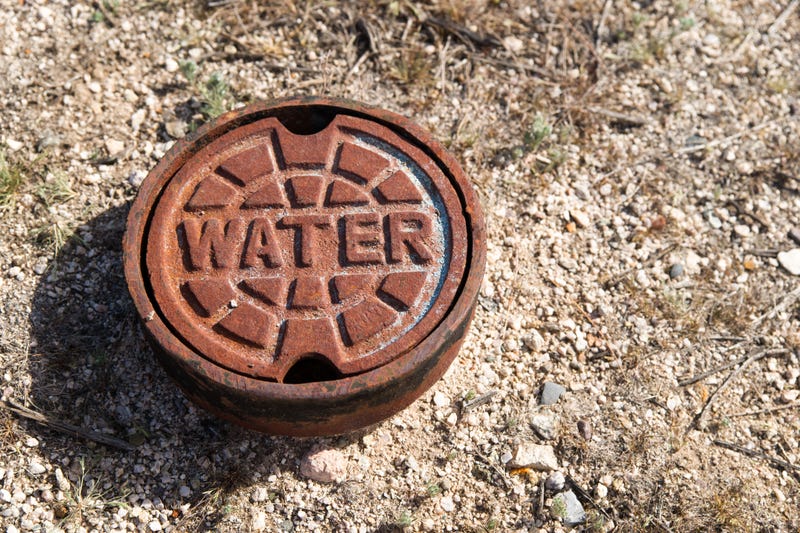
Officials with the Metropolitan Water District of Southern California have declared a regional drought emergency following a fourth consecutive dry year.
The MWD called on all water agencies in the region to immediately reduce their use of all imported water supplies. There are 26 different agencies that the district provides water to, that is then supplied to major population centers like Los Angeles and San Diego counties.
The district is the largest water supplier in the nation, and through the declaration more than 19 million people could be impacted by water restrictions in 2023.
Nearly half of the water the district supplies is imported from the Colorado River and the northern Sierra Nevada due to rain being a scarce commodity in Southern California, and has been for four years now.
Even still, water deliveries are at rock bottom lows, and just seven months ago, a similar water emergency was declared for the agencies that are dependent on the State Water Project, , the LA Times reported.
Now, that declaration is extended to cover all Southern California water agencies after the board voted on Tuesday.
“Some Southern Californians may have felt somewhat protected from these extreme conditions over the past few years. They shouldn't anymore. We are all affected,” Gloria D. Gray, chair of the Metropolitan Water District's Board, said.
By April of next year, the board will have convened again, deciding if it will make cuts mandatory, depending on if the drought continues.
As of now, state officials said that water agencies like Metropolitan will only receive 5% of their requested supplies for the start of 2023, with reservoir levels remaining low. Depending on situations, some agencies might receive more.
Dave Eggerton, the executive director of the Association of California Water Agencies spoke with The Associated Press, sharing that the move is smart, especially with reservoirs all being well below average, even after a series of storms dumping heavy rain and snow in the Sierra Nevada and Central Valley.
“I think Metropolitan is being very proactive in doing this,” Eggerton said. “It’s really the right thing to do.”


